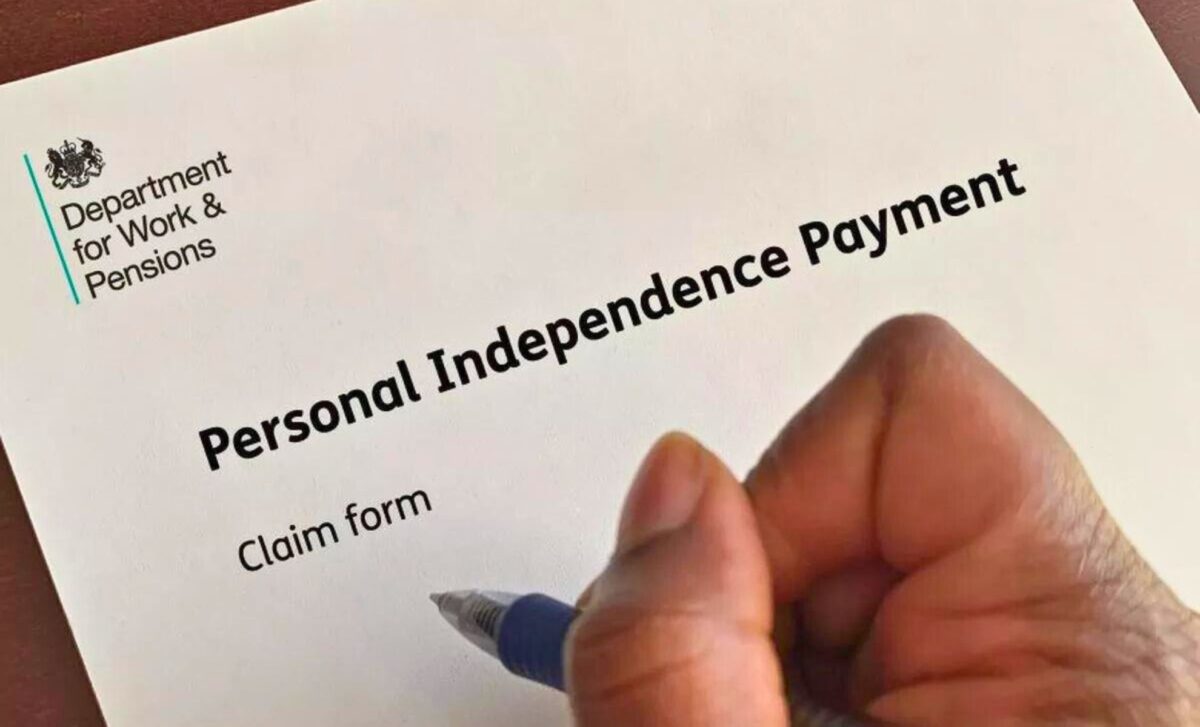The UK’s Department for Work and Pensions (DWP) is considering sweeping reforms to the Personal Independence Payment (PIP) system, including the potential replacement of monthly cash payments with vouchers.
The proposal, which is part of a wider review aimed at modernising disability benefits, has sparked intense criticism from claimants, advocacy groups, and charities. Concerns centre on the impact such changes would have on the autonomy and financial stability of millions of disabled individuals.
Proposed Alternatives to PIP Cash Payments Spark Widespread Concerns
The reforms, initially explored in a green paper under the previous government, include options to overhaul the current PIP cash payment system. Alternatives being considered range from vouchers and one-off grants to receipt-based reimbursements and catalogue-style benefits. The government argues these changes are part of an effort to modernise and streamline the system to better support disabled people.
However, the lack of clarity about the final direction has fuelled anxiety among claimants. Labour MP Liz Kendall, who has taken a lead role in consultations, acknowledged these concerns: “I was very struck particularly by the comments people made around shifting support to vouchers. Many organisations said their real concern was that it took away people’s autonomy, particularly when services are so stretched and tight.”
Advocacy Groups Warn of Risks to Claimants’ Financial Autonomy
The suggestion to replace cash payments with vouchers has been described as “dangerous” by several disability advocacy groups. David Southgate, from the equality charity Scope, stated: “Changing PIP to vouchers is a dangerous idea which needs to be ruled out once and for all. Life costs a lot more when you’re disabled, and PIP is a vital source of financial support.”
According to the Daily Record, claimants already face challenges navigating the complexities of the existing system, and critics warn that introducing vouchers could exacerbate these difficulties. Advocates argue that vouchers could severely limit claimants’ ability to make choices that fit their individual needs, particularly for those in rural areas or requiring specialised goods and services.
Similarly, claimants like Simon Keenan, one of the 3.4 million individuals currently receiving PIP, expressed frustration with the proposal. “Replacing cash with vouchers is foolish and ill-thought-out,” he said, warning that it risks complicating the lives of those who rely on the system for essential expenses.
Autonomy, Practicality, and the Cost of Living Crisis Collide
A central issue in the debate is the potential erosion of autonomy for disabled individuals. Unlike cash payments, which allow flexibility, vouchers or catalogue-based systems might restrict access to essential goods and services. This restriction could disproportionately affect people in remote areas or those with highly specific needs.
Advocacy groups and claimants have also highlighted the intersection of these proposals with the ongoing cost of living crisis. With inflation continuing to pressure household budgets, disabled individuals face unique financial challenges that unrestricted cash payments are better equipped to address.
Policy Uncertainty Leaves Claimants and Advocates Anxious
The reforms are still in their consultation phase, and the government has yet to provide concrete details. However, the uncertainty surrounding these proposals has left many claimants and organisations worried about the future. Labour MP Liz Kendall stated, “We won’t do that until we’re absolutely ready and have had the proper discussions with people,” indicating a cautious approach to any decisions.
Despite these reassurances, critics argue that the lack of transparency is contributing to widespread confusion. Advocacy groups continue to press for clarity and demand that cash payments remain the cornerstone of the PIP system. Claimants and experts alike are urging the government to prioritise accessibility and independence in its reforms.
Balancing Modernisation and Autonomy in Disability Support Reform
As the DWP reviews feedback from consultations, the stakes are high. The decisions made in the coming months will impact millions of vulnerable individuals who rely on PIP for their financial independence. The government must balance its objectives of modernisation with the need to maintain dignity, flexibility, and accessibility for claimants.
The proposal to shift to vouchers raises fundamental questions about how support systems should evolve in response to social and economic pressures. While the government insists reforms are necessary to improve efficiency and fairness, critics caution against any changes that risk undermining the autonomy of those most in need.









